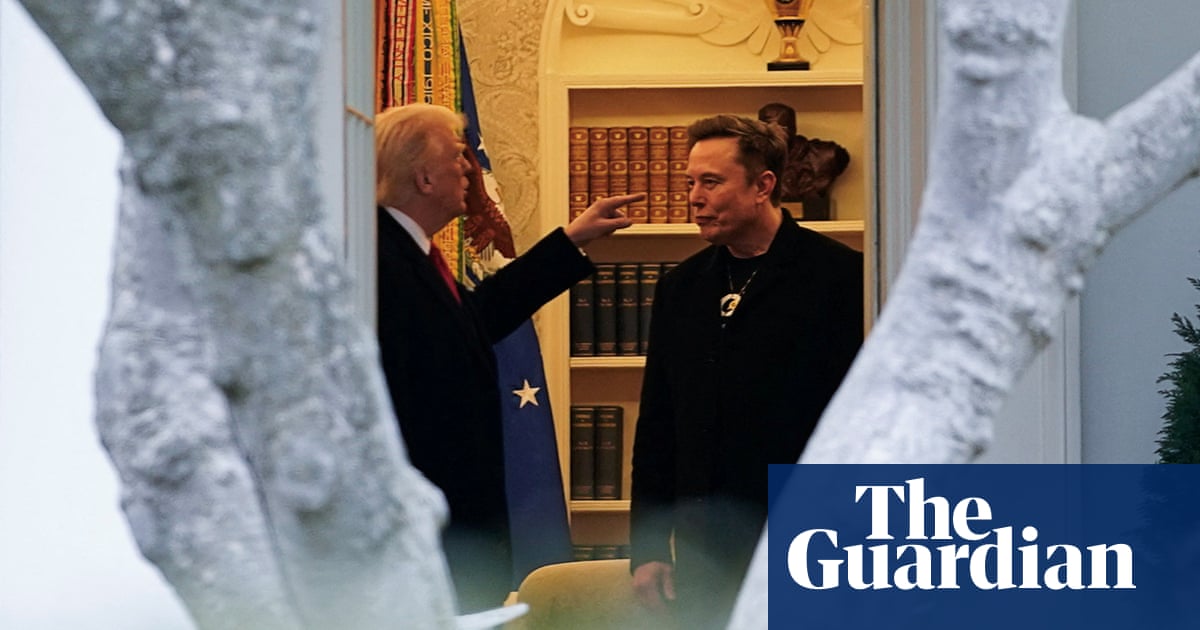Survey Reveals Major Brand Risks Associated with Elon Musk and AI Misuse

A recent survey conducted by the Global Risk Advisory Council has highlighted significant risks for companies that associate with high-profile figures like Elon Musk, particularly those linked to the administration of Donald Trump. This survey, which gathered insights from over 100 international public affairs leaders, outlines how misusing artificial intelligence can severely damage corporate reputations.
The Global Risk Advisory Council, chaired by Isabel Guzman, the head of the U.S. Small Business Administration under President Joe Biden, revealed in a statement that the council's reputation risk index serves as an unambiguous warning to corporate leaders. Brett Bruen, the president of the Global Situation Room, a public affairs firm based in Washington, D.C., emphasized the importance of maintaining stakeholder and consumer trust. He cautioned, If you squander stakeholder and consumer goodwill on these issues, it wont be coming back anytime soon. He urged companies to take a step back, carefully evaluate their strategies, and differentiate between fleeting trends and long-lasting changes.
The survey found that almost 30% of the 117-member group, which includes individuals from 17 different countries and 58 industriesamong them former heads of state and U.S. officialsbelieve that aligning with Musk or facing his scrutiny could result in significant reputational damage. Musk, known as the worlds richest person, owns several high-profile companies, including SpaceX, Tesla, and the social media platform X (formerly Twitter). His financial contributions to Trumps 2020 presidential campaign have added to his controversial image, especially after Trump re-entered the Oval Office in January 2021. Under Musk's influence, significant cuts to federal budgets and staffing have been implemented by the so-called Department of Government Efficiency, a move described by Guzman as creating a controversial omnipresence in the media landscape.
The public's perception of Musks involvement with Trump has been overwhelmingly negative, as evident from a Quinnipiac University survey released in March, which indicated that 60% of voters disapprove of how Musk and the Department of Government Efficiency managed federal workers. This backlash contributed to a decline in Tesla's stock value. Despite the criticism, Musk's prominent role in the Trump administration appears to be shifting as reports suggest he may gradually step back from his visible political engagements.
Guzman stressed the profound impact of being associated with polarizing figures, particularly in today's deeply divided political climate. She noted that such connections could pose a greater risk to brands than previously understood.
However, the survey pointed to an even more pressing concern: the emergence of stories related to the misuse of artificial intelligence. Issues such as creating deepfakes, spreading misinformation, biased decision-making, and unethical applications of AI were identified as the leading causes of negative media attention for brands. According to the survey, these types of stories are seen as the most likely to generate adverse online news coverage.
One anonymous council member expressed concerns regarding AI, stating, If not understood or managed effectively within organizations, AI can lead to an incredible trickle-down effect that may prove irreversible. An expert from the group emphasized that firms must treat AI policy development with the same seriousness as they do for other fundamental operational aspects.
The survey also flagged a rollback of diversity, equity, and inclusion (DEI) initiatives as the third most significant reputational threat. The Trump administration has actively worked to dismantle such measures across various sectors, including the government and military. Notably, the administration recently cut over $2 billion in federal research funding from Harvard University after it declined to eliminate its DEI programs, one of several demands made by the president.
Rounding out the top five reputational risks identified in this inaugural survey are anticompetitive practices and allegations of defamation. Guzman concluded, This data is not just numbers; it indicates the complex communications challenges facing organizations continuously. The council members anticipate that reputational threats are likely to escalate in the near future.
Other notable members of the council that contributed to the survey include Iceland's former foreign affairs minister Thrds Kolbrn Reykfjord Gylfadttir; Paul O'Brien, head of public affairs at Bank of Ireland; Taylor Bennett, global head of public affairs at DoorDash; Eugene Laney, president of the American Association of Exporters and Importers; and Maria Toler, founder of SteelSky Ventures, a venture capital fund focused on women's healthcare.



















